Recognising Sexual Violence
Sexual violence can be defined as a range of non-consensual experiences, from non-contact experiences to non-consensual sexual intercourse. The word “violence” as a term is sometimes associated with the use of force, but it can also mean “having a marked or powerful effect” on someone, which includes actions or words that are intended to hurt people.
Sexual violence is any sexual act which takes place without freely given consent or where someone forces or manipulates someone else into unwanted sexual activity. These experiences may range from a teenager making their friend watch a pornographic video on their phone, to someone being persuaded to undress or pose in a sexually suggestive way for photographs as a child, to a young woman being made to touch another person’s genitals without her consent or a man being threatened to have sex.
Some types of sexual abuse include:
Sexual violence can be perpetrated by a complete stranger but is more often carried out by someone known and even trusted, such as a friend, colleague, family member, partner or ex-partner. Sexual violence can happen to anyone. No-one ever deserves or asks for it to happen.
There is no excuse for sexual violence – it can never be justified, it can never be explained away and there is no context in which it is valid, understandable or acceptable. Responsibility for any act of sexual violence always lies with its perpetrator.
If you have been raped or experienced any other kind of sexual violence, no matter where you were, what you were doing, what you were wearing, what you were saying, if you were drunk or under the influence of drugs, it was not your fault, and you did not deserve this.
Often people wonder if something that happened to them was sexual violence. Anything of a sexual nature that makes someone uncomfortable and happened without their consent is sexual violence. If you are unsure that something that happened to you was sexual violence, speak to someone about it. Ring the national helpline or a local rape crisis centre. They will not think you are wasting their time; they just want to help.



